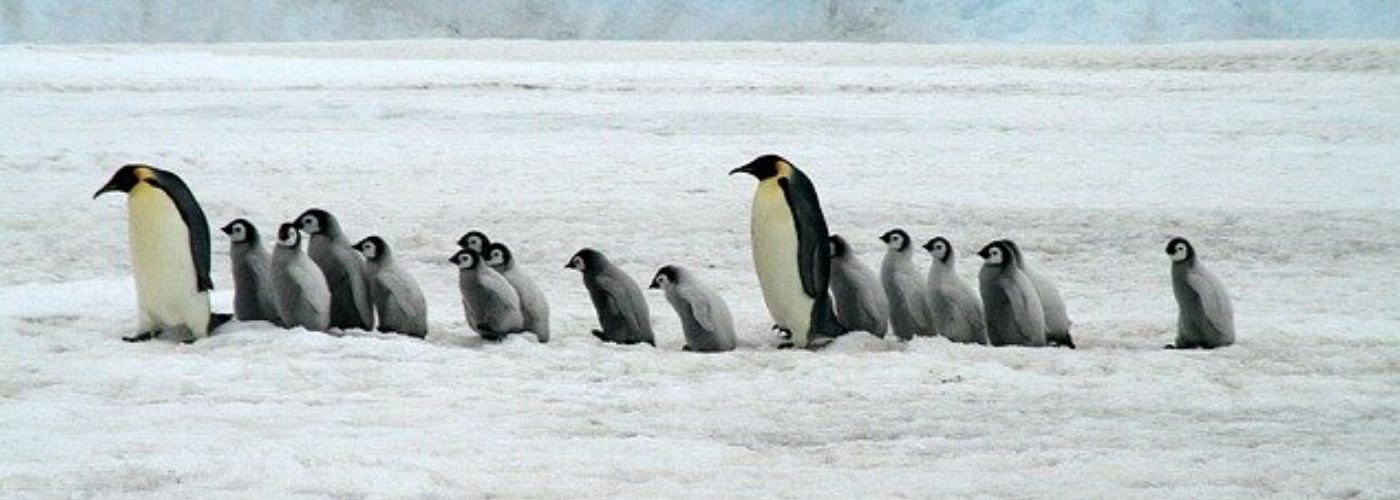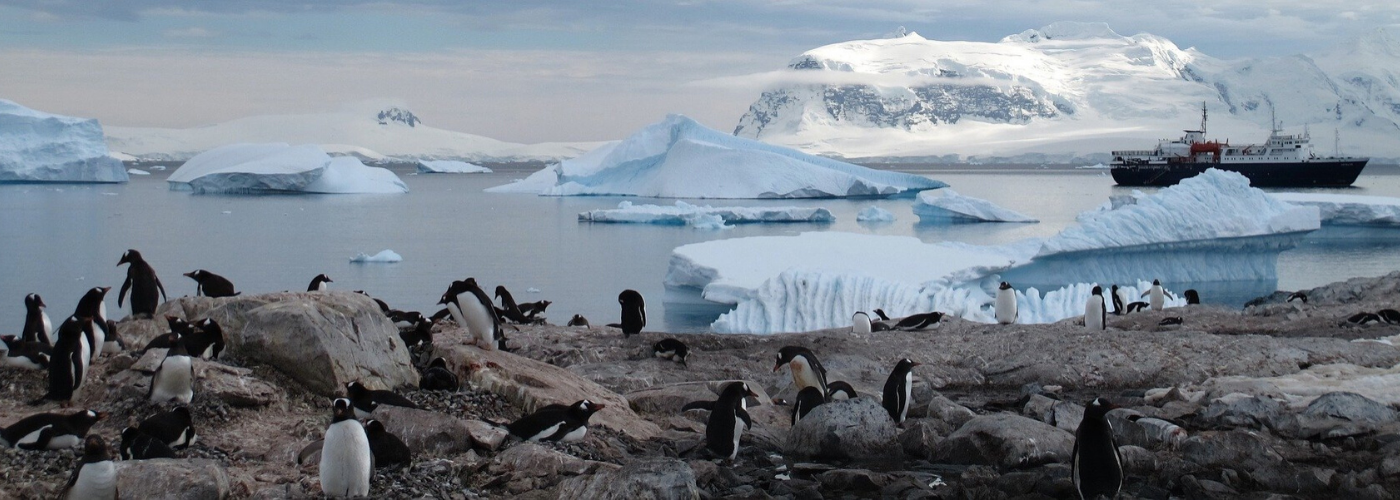Antarctica, the southernmost continent on Earth, is an awe-inspiring and unique tourist destination. While not a traditional tourist hotspot like beaches or cities, Antarctica offers a one-of-a-kind experience for those seeking adventure, exploration, and a deep connection with the natural world. Here's a glimpse of what makes Antarctica a remarkable place to visit:
1. Pristine and Untouched Wilderness:
- Antarctica is often described as the last true wilderness on Earth. It remains largely untouched by human activity, offering visitors the chance to experience nature in its purest form.
- The landscape is characterized by vast expanses of ice, towering glaciers, majestic icebergs, and rugged mountain ranges. The sheer scale of Antarctica's natural beauty is breathtaking.
2. Unique Wildlife:
- Antarctica is home to an incredible array of wildlife, including penguins (such as Adélie, Gentoo, and Emperor penguins), seals (like Weddell, Leopard, and Crabeater seals), and a variety of seabirds.
- Whale watching is also a highlight, with humpback, minke, and orca whales frequently spotted in the surrounding waters.
3. Research and Science:
- Antarctica is a hub for scientific research, with numerous research stations operated by different countries. Tourists often have the opportunity to learn about ongoing research projects and the important role Antarctica plays in understanding climate change and Earth's ecosystem.
4. Adventure Activities:
- Tourists visiting Antarctica can partake in a range of adventurous activities, including:
- Kayaking: Paddle through pristine waters surrounded by icebergs.
- Ice Climbing: Scale towering ice formations and glaciers.
- Camping: Experience the solitude of Antarctica by camping on the continent.
- Zodiac Cruises: Explore the coastline and wildlife-rich areas by small boat.
- Photography: Capture stunning landscapes and wildlife in their natural habitat.
5. The Midnight Sun and Polar Night:
- Due to its extreme southern location, Antarctica experiences periods of continuous daylight during the austral summer (mid-October to late February) and continuous darkness during the austral winter (late April to mid-August). This unique phenomenon offers a surreal experience for visitors.
6. Environmental Conservation:
- Tourism in Antarctica is tightly regulated to minimize environmental impact and preserve the fragile ecosystem. Visitors are expected to adhere to strict guidelines, such as not leaving any waste behind and maintaining a respectful distance from wildlife.
7. Accessibility:
- While Antarctica was once only accessible to scientists and researchers, it is now possible for tourists to visit through guided expedition cruises and tours. These tours typically depart from southern South American cities like Ushuaia in Argentina or Punta Arenas in Chile.
Important Considerations:
- Travel to Antarctica can be physically demanding and requires proper preparation and gear.
- Due to its extreme climate and remote location, trips to Antarctica can be expensive.
- Tours typically have limited availability, so it's advisable to plan well in advance.
In conclusion, Antarctica is a destination that appeals to intrepid explorers, nature enthusiasts, and those with a deep appreciation for the planet's natural wonders. While it may not be a conventional tourist place, it offers an unparalleled opportunity to witness a world that few have the privilege to experience. Antarctica's pristine beauty and unique ecosystems make it a bucket-list destination for those seeking an unforgettable adventure.


